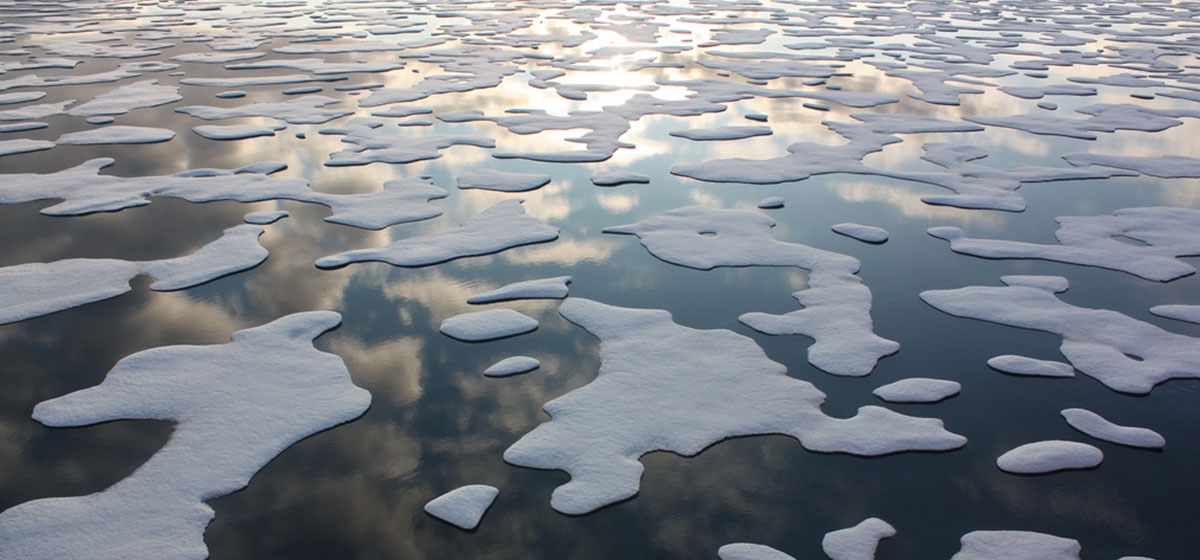Loose Change, Part VIII

“What have future generations ever done for us?” – Groucho Marx
Last week we took on the controversial subject of climate change. This week, just to demonstrate how reckless a humble blogger can be, we’ll return to the scene of the crime and do it all over again.
When I was in college I took a course called History of Science 101. I took it, naturally enough, because I had to satisfy a science distribution requirement and I sure as hell wasn’t going to take Quantum Mechanics. I expected to sleep through the course and get my usual Gentleman’s C+. In fact, I was riveted from Day 1.
The history of science, it turns out, is essentially the history of scientific error, a long and sad litany of how smart people go very badly wrong and then stay that way until they die. As Max Planck put it, science “advances one funeral at a time.” i.e., only after the scientists who are wrong are dead wrong can younger scientists can take over and move the field forward, because scientists never change their minds.
When science goes wrong, what tends to go wrong is that the scientific community reaches a premature consensus and then that consensus gets brutally enforced so that it can’t be challenged. In the old days a wrong consensus was usually enforced by religious authorities who were worried about their reputations. After all, if you claim to be speaking directly to God but you think the sun revolves around the earth, people might begin to wonder.
Today though, wrong scientific consensuses are enforced by the scientists themselves. Like the religious authorities of old, scientists are worried about their reputations. The result, though, is that science starts looking a lot less like science, with its skepticism, rigor and careful analysis, and starts looking a lot more like, well, religion.
Typically, a wrong consensus gets enforced when two conditions are present: (a) the science is very complicated, so that mere laypersons—and even most other scientists—can’t begin to understand it, and (b) the consequences of not heeding the scientific consensus are believed to be—or are asserted to be—calamitous.
Climate science satisfies both conditions in spades. The field is so complex that no one scientist, let alone any layperson, can understand it. The field requires contributions from many different scientific disciplines, most of which can’t really understand each other. For example: climatology, atmospheric science, glaciology, meteorology, hydroclimatology, marine biology, oceanography, biogeochemistry, physics, mathematics, biology, paleoclimatology, paleoceanography, geoengineering, and a whole bunch of other disciplines nobody ever heard of.
And, as we know, climate scientists argue that the consequences of not taking vigorous action right now are horrific. Melting polar ice caps will flood the world’s great coastal cities. Gigantic stretches of farmland constituting the world’s breadbasket will turn to desert. Human civilization will descend into a new Dark Age, and this time there will be no Renaissance to look forward to. Instead, as desperate nations fight over disappearing resources, nuclear holocaust will wipe us out, along with most other earth-based species.
Okay, maybe that’s an exaggeration, but only slightly.
But are we really in such a hurry? To try to decide whether we are or not, let’s start with the Paris climate treaty, which went into effect just last November. The agreement has been hailed by the climate change community as though it amounted to “peace in our time” or perhaps the elimination of global poverty.
But before we get carried away, let’s ask ourselves, even as supporters of the climate consensus, what the treaty actually accomplishes. The climate consensus insists that, to avoid disaster, the world’s nations must maintain global temperatures at no more than 3.6 degrees Fahrenheit above where they were before the Industrial Revolution. (False precision? God Himself doesn’t know what the right temperature of the earth is, but the climate scientists know.)
Now, let’s assume that all 194 countries who signed the Paris accord do everything they promised to do, even though we know this to be preposterous. Even under Obama, for example, the U.S. did less than half of what was required, and now we have a President who is threatening to pull out of the treaty altogether. Once the U.S. cheats, we can safely assume that everyone else will cheat—that is, if there is anyone else who isn’t already cheating.
But let’s assume that every country does everything it’s supposed to do. What would happen to global temperatures? Well, instead of reaching 3.6 degrees above preindustrial levels, temperatures would reach only 3.51 degrees above that level. Yes, that’s right, the Paris agreement would get us precisely 2.5 percent of the way to where we need to be—not 2.5 degrees, 2.5 percent.
Of course, the professors will argue that Paris is only the first step, that the accord itself ratchets up the requirements over time and that other, tougher, treaties will follow. But my whole point in this series of posts is that it ain’t gonna happen. So many people of goodwill, so many people who actually agree with the climate consensus, are so annoyed with the way the consensus is enforced that we don’t lift a finger. When Trump says he’s pulling us out of the Paris agreement, instead of reacting with outrage and calling Congress, we sigh and think, “Well, it serves those bastards right.”
If the Paris treaty is going to accomplish almost nothing, and if what it accomplishes is mainly to put a whole lot of working people out of their jobs (via major restrictions on CO2 emissions), maybe we shouldn’t be in such a hurry in the first place. Maybe we should first build consensus not just in the scientific community and among the global elite, but among ordinary people whose livelihoods are at stake.
There’s a final argument for allowing dissent into the world of climate change, and we’ll get to that next week.
Next up: Loose Change, Part IX





